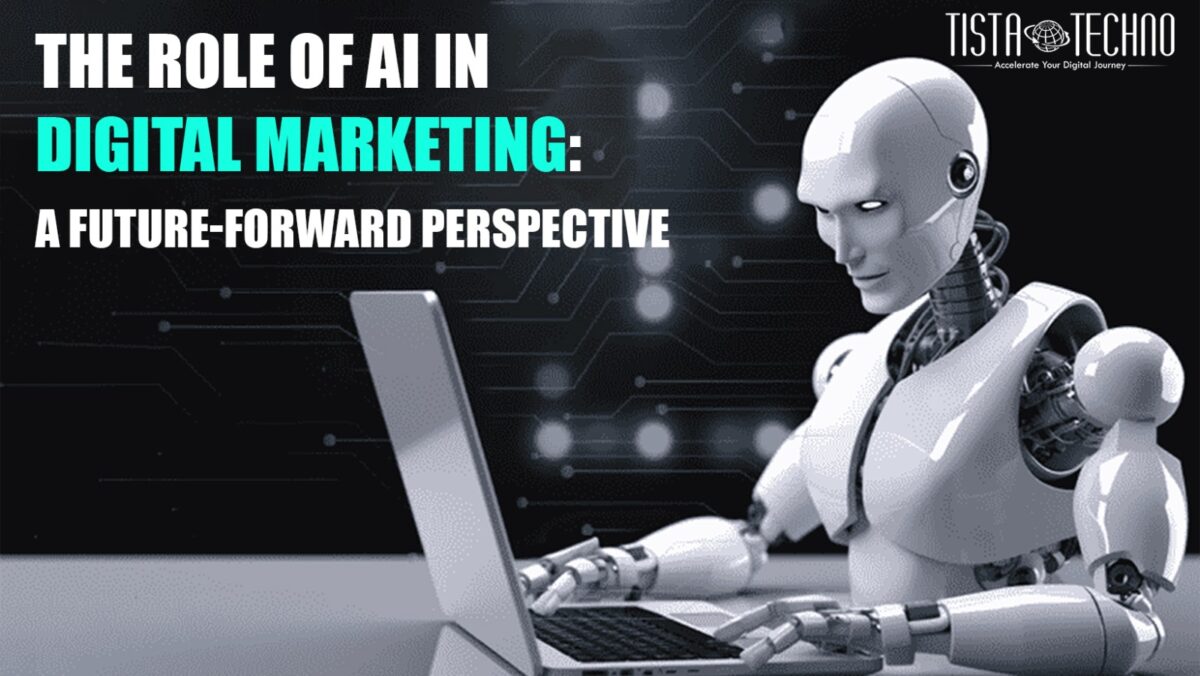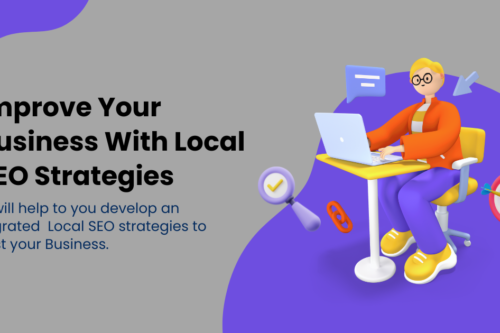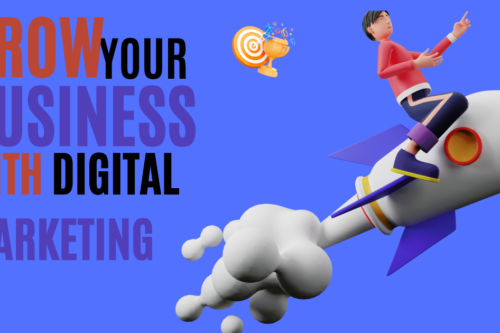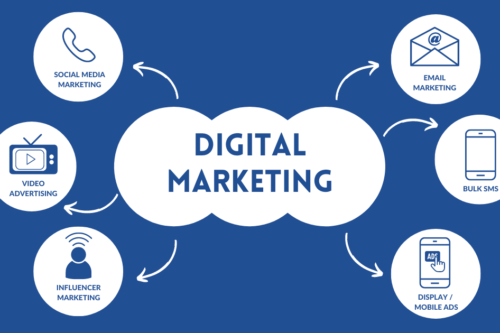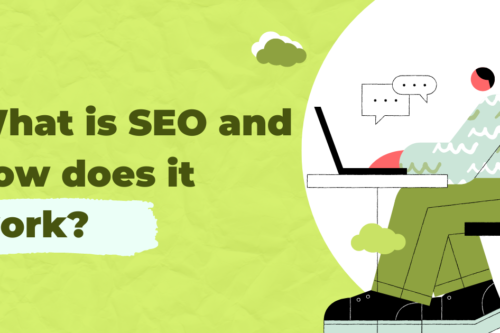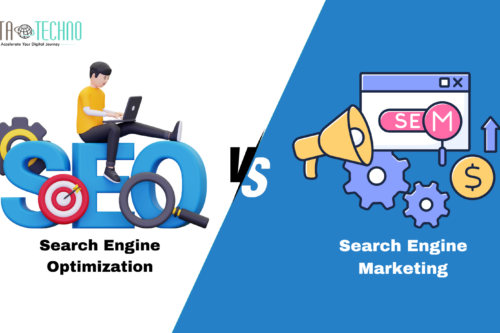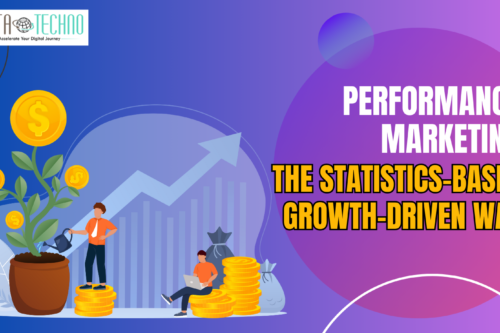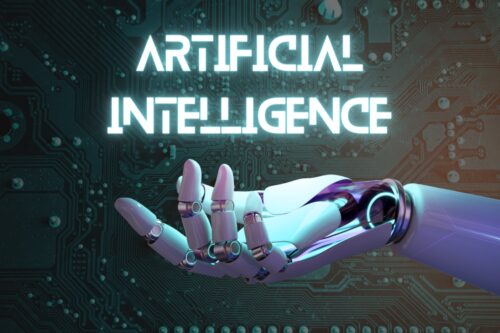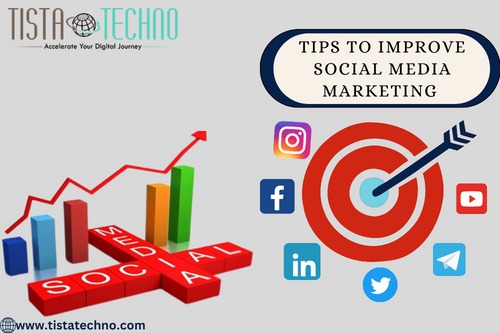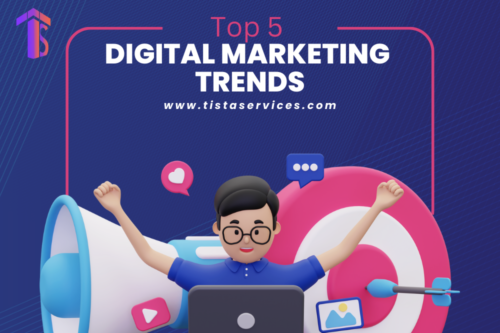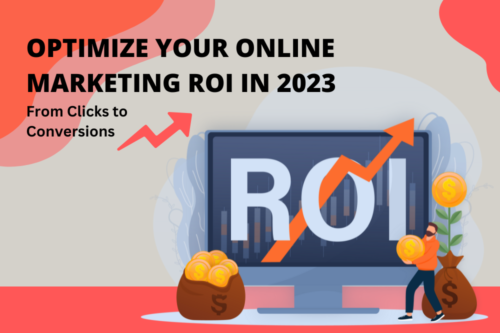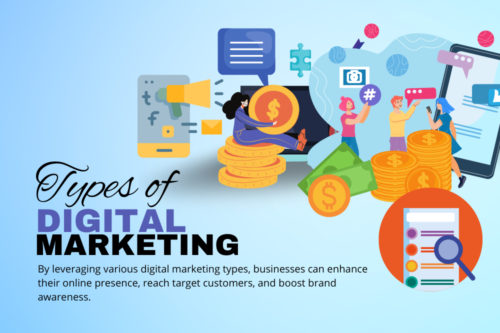In the ever-evolving landscape of the digital age, the symbiotic relationship between technology and marketing has become increasingly profound. At the forefront of this dynamic synergy stands Artificial Intelligence (AI), a transformative force that is reshaping the way businesses approach Digital Marketing. In this blog, we explore the intersection of AI and Digital Marketing, unravelling the potential, tools, and future-forward perspective that TistaTechno brings to this cutting-edge realm.
Understanding the Essentials: Digital Marketing and AI
Before delving into the role of AI in Digital Marketing, it’s crucial to grasp the fundamentals of each term. Digital Marketing refers to the use of digital channels, such as search engines, social media, email, and websites, to connect with current and prospective customers. It is an umbrella term encompassing various online strategies aimed at promoting products or services.
On the other hand, AI, or Artificial Intelligence, refers to the development of computer systems that can perform tasks that typically require human intelligence. This includes learning, reasoning, problem-solving, understanding natural language, and even speech recognition. In the context of Digital Marketing, AI acts as a catalyst for optimizing processes, improving targeting precision, and enhancing overall campaign effectiveness.
The Fusion of AI and Digital Marketing: A Seamless Integration
AI has become a linchpin in Digital Marketing, catalyzing a paradigm shift in how businesses reach and engage their target audience. Let’s explore the multifaceted roles AI plays across various facets of Digital Marketing:
AI in SEO (Search Engine Optimization): Elevating Visibility
SEO is the cornerstone of any successful online presence, and AI is revolutionizing the way businesses approach it. AI-driven tools analyze vast datasets, predict user behavior, and adapt to search engine algorithms dynamically. This enables marketers to optimize content, keywords, and website structures in real-time, enhancing visibility and ranking on search engine result pages (SERPs).
Social Media Management: Tailored Engagement
AI tools in Social Media Management have transformed the way brands interact with their audience. From sentiment analysis to personalized content recommendations, AI algorithms enable marketers to understand consumer behavior, preferences, and trends. This insights-driven approach facilitates the creation of highly targeted and engaging content, driving better social media ROI.
Email Marketing: Precision and Personalization
AI-driven analytics and automation have redefined Email Marketing. By analyzing user behavior, AI algorithms can predict the best time to send emails, personalize content, and even optimize subject lines for maximum impact. This level of precision ensures that every email resonates with the recipient, leading to higher open rates, click-through rates, and conversion rates.
Chatbots: 24/7 Customer Engagement
The integration of AI-powered chatbots has redefined customer interaction. These intelligent bots provide instant responses, personalized recommendations, and seamless user experiences. From answering queries to guiding users through the sales funnel, chatbots enhance customer engagement, leading to increased satisfaction and conversion rates.
Content Marketing: Creating Intelligent Narratives
In the realm of Content Marketing, AI is a game-changer. Machine learning algorithms analyze vast amounts of data to understand audience preferences, predict trends, and generate insights that inform content creation. This data-driven approach ensures that content is not only relevant but also resonates with the target audience, maximizing its impact.
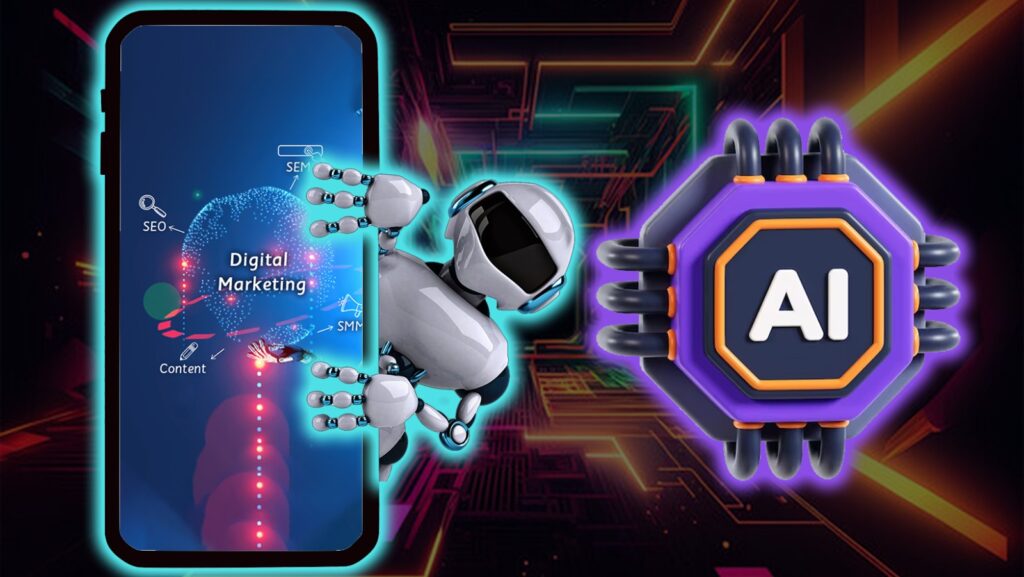
The AI Toolkit for Digital Marketers: Tools that Transform
TistaTechno’s commitment to staying at the forefront of technology is evident in the AI tools curated for Digital Marketing success. Let’s explore some of the tools that empower marketers in the digital sphere:
- Google’s RankBrain: As a core component of Google’s search algorithm, RankBrain utilizes machine learning to process and understand search queries. It refines search results based on user behavior, providing more relevant and accurate information.
- IBM Watson: An AI powerhouse, IBM Watson offers a suite of tools for businesses, including AI-powered analytics, chatbots, and natural language processing. It empowers marketers with data-driven insights and enhances customer interactions.
- HubSpot’s Marketing Hub: HubSpot integrates AI to streamline marketing processes. From lead generation to customer engagement, AI-powered features help marketers automate tasks, personalize content, and optimize campaigns for better results.
- Adobe Sensei: Adobe Sensei is an AI and machine learning platform that enhances Adobe’s creative and marketing products. It automates tedious tasks, optimizes content for better performance, and provides actionable insights for marketers.
- Chatbot Platforms (e.g., Dialogflow, Microsoft Bot Framework): These platforms enable businesses to build and deploy chatbots for various applications, from customer support to lead generation. AI-driven chatbots enhance user interactions and contribute to a seamless customer experience.
The Future-Focused Perspective: AI’s Evolution in Digital Marketing
Looking ahead, the future of AI in Digital Marketing holds tremendous promise. As AI technologies continue to evolve, the following trends are expected to shape the landscape:
- Hyper-Personalization: AI will enable marketers to hyper-personalize content and experiences for individual users, fostering deeper connections and brand loyalty.
- Voice Search Optimization: With the rise of voice-activated devices, optimizing content for voice search is becoming imperative. AI will play a crucial role in understanding natural language and tailoring content to voice search queries.
- Predictive Analytics: AI-driven predictive analytics will become more sophisticated, enabling marketers to anticipate trends, consumer behaviour, and market shifts with greater accuracy.
- Augmented Reality (AR) and Virtual Reality (VR): AI will enhance AR and VR experiences, creating immersive and personalized interactions that redefine how brands engage with their audience.
- Ethical AI: As AI becomes more integrated into marketing strategies, the ethical use of data and algorithms will be a focal point. Transparent and responsible AI practices will be essential to build and maintain trust.
Conclusion
The role of AI in Digital Marketing is not just a trend; it is a transformative force that propels businesses into a future where precision, personalization, and performance converge. TistaTechno stands at the forefront of this digital evolution, empowering marketers with innovative AI tools and a future-focused perspective. As the digital landscape continues to evolve, embracing the symbiosis of AI and Digital Marketing is not just a strategy; it is a necessity for those who aspire to lead in the dynamic world of online commerce.

